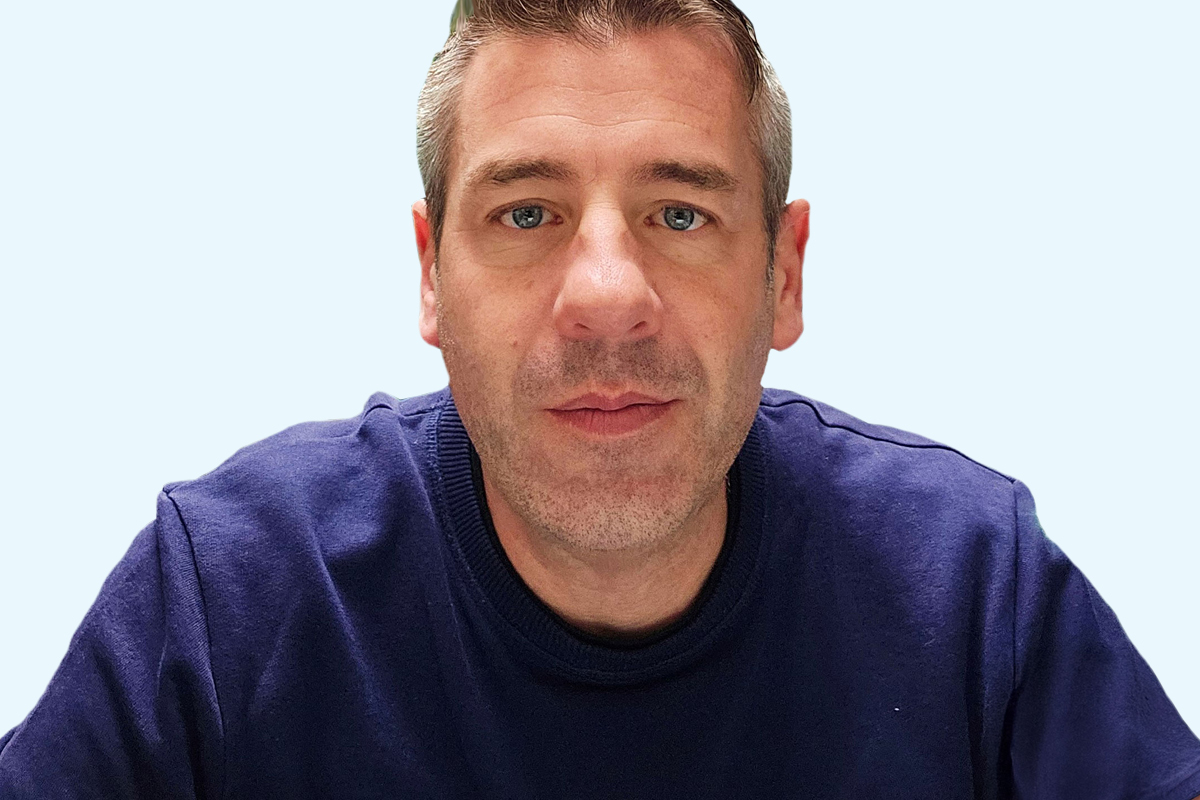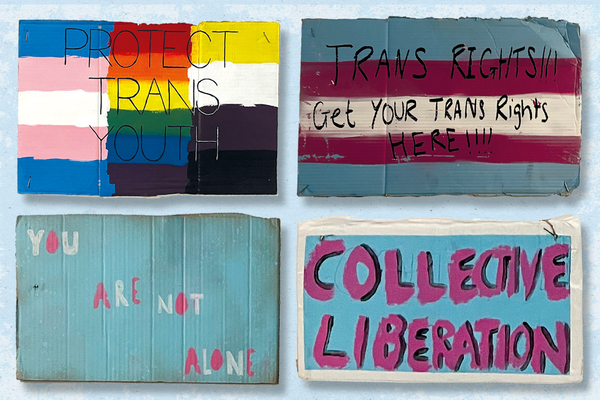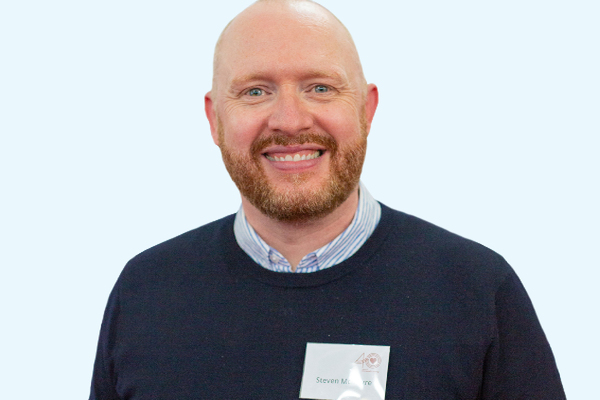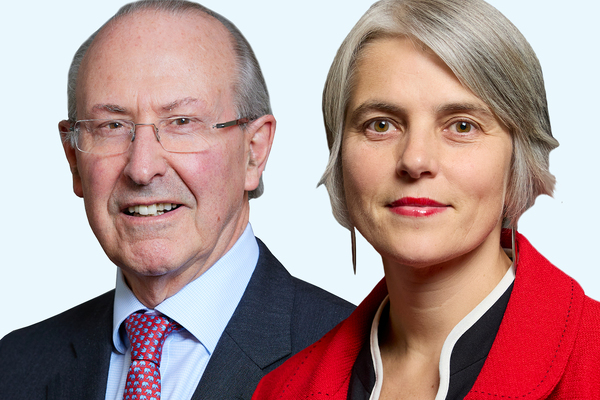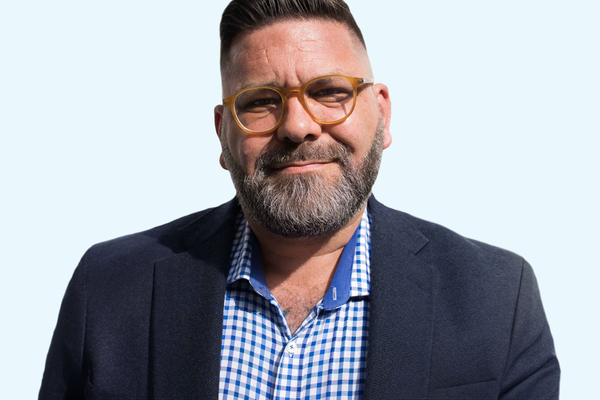Understanding the mental health needs of our LGBTQ+ residents
We need preventative, rather than reactive, approaches to mental health, writes John Stubbs, director of services at Stonewall Housing
Mental health is an issue that cuts across all demographics and communities, yet its challenges and threats remain misunderstood and, in many cases, inadequately addressed.
In my work with LGBTQ+ individuals at Stonewall Housing, mental health is a recurring theme, often alongside other vulnerabilities such as housing insecurity, trauma and systemic discrimination.
While 26% of our service users report mental health issues, the reality is that this figure is likely an understatement.
Mental health struggles frequently go unrecognised or underreported because standard assessment questions fail to capture the full complexity of individual experiences. People interpret these questions differently, and the nuances of mental health challenges can slip through the cracks.
“Mental health advocacy is central to this shift, ensuring that we can better communicate the experiences of our service users to professionals who might otherwise miss critical details”
Mental health conditions can range from diagnosed disabilities to undiagnosed conditions that deeply impact day-to-day lives. For those without a formal diagnosis, their struggles may not fit neatly into tick boxes or categories, leaving them underserved and misunderstood.
To address this gap, our organisation has begun developing new services that focus on preventative, rather than reactive, approaches. Mental health advocacy is central to this shift, ensuring that we can better communicate the experiences of our service users to professionals who might otherwise miss critical details.
As director of services, I see first-hand the importance of stepping into that communication gap. Often, a client may struggle to articulate what they’re going through, especially in a system that can feel cold and impersonal. Advocates can break down the client’s lived experience into language that professionals can understand and act on. This role is crucial for ensuring people receive the care and support they need.
Mental health challenges among LGBTQ+ individuals are especially concerning. These communities are disproportionately affected by conditions such as depression, anxiety and suicidality, which are often exacerbated by experiences of homelessness, family rejection and societal stigma. Unfortunately, the intersection of homelessness and identity-based discrimination intensifies these vulnerabilities.
“Without access to inclusive support, these LGBTQ+ people are left to navigate mental health challenges and housing instability on their own, often in hostile environments”
I’ve worked with individuals who feel they must downplay their mental health challenges for fear that it might affect their housing applications. Others, in desperation, express suicidal thoughts in hopes of securing temporary shelter. It’s a stark reminder of how dire the situation can become when people are forced to navigate systems that fail to prioritise their dignity and well-being.
In suburban and rural areas, the lack of specialised and affirming services for LGBTQ+ people creates additional barriers. Without access to inclusive support, these LGBTQ+ people are left to navigate mental health challenges and housing instability on their own, often in hostile environments.
Addressing these gaps requires not only advocacy but also systemic changes to ensure services are inclusive, affirming and accessible to all.
The mental health challenges we see are becoming more intense, with year-on-year increases in the severity of cases. But by focusing on preventative care, amplifying the voices of those we serve, and challenging systemic inequities, we can begin to turn the tide.
John Stubbs, director of services, Stonewall Housing
Sign up for our daily newsletter
Already have an account? Click here to manage your newsletters

